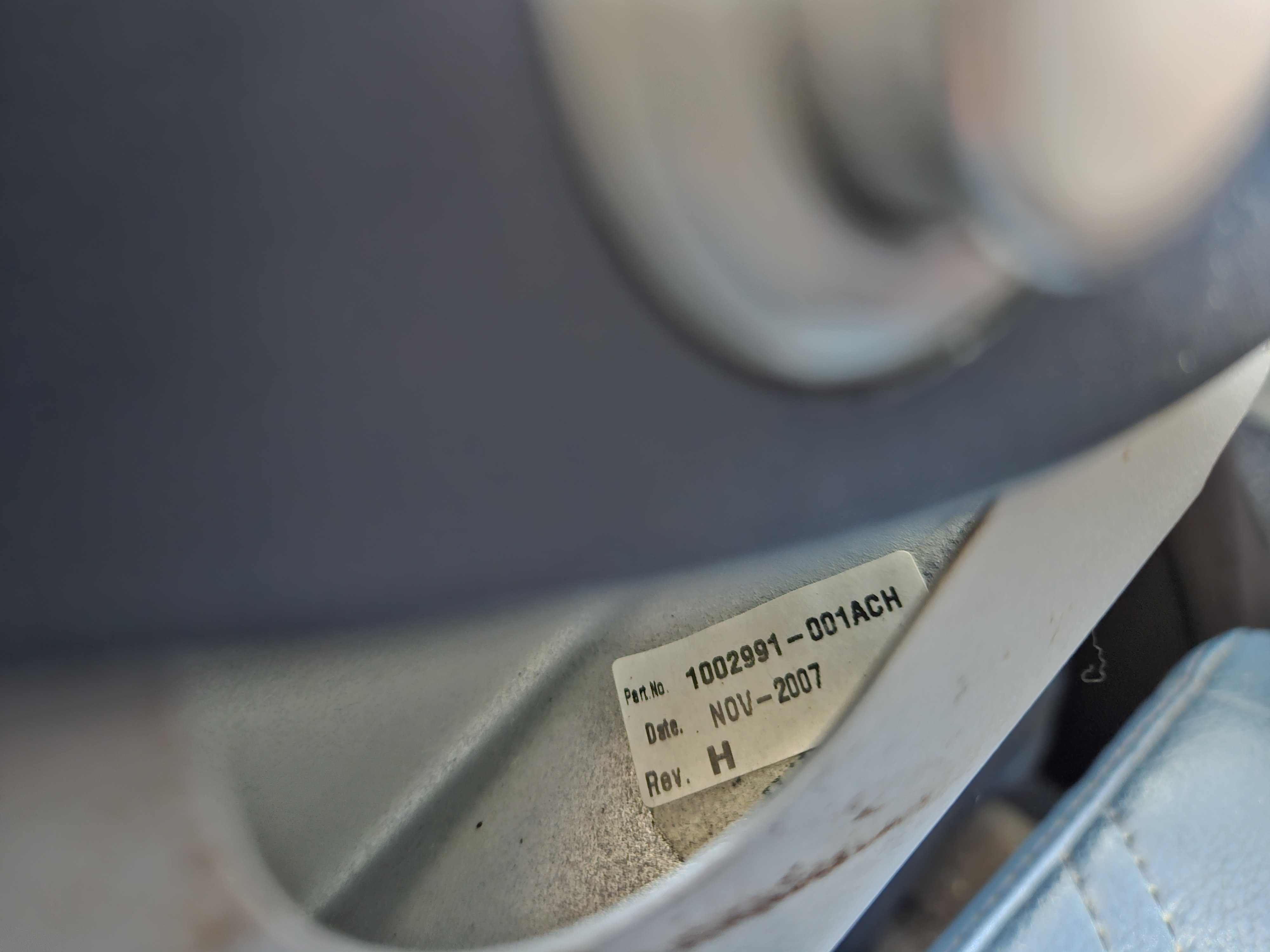1 min read
what is your legacy?
You may not think a lot about the legacy you leave in the workplace, but it causes me to ask a lot of questions that I think are worthwhile. I try to...
2 min read
 Kristin McLane
:
April 29, 2025 at 10:00 AM
Kristin McLane
:
April 29, 2025 at 10:00 AM

We’ve been talking shop with the tunes from the Broadway show &Juliet. Today, we’re all about confidence. Confidence can increase motivation and resilience, but how does that impact you on the shop floor? Demi Lovato would ask you “What’s wrong with being confident?” and we’ll put some context around that. There’s not anything wrong with being confident, unless it’s based on feeling rather than fact.
You should be confident in what your team can do. And in what they are doing. To do that, you need information. So do they. The simple routing or traveler your ERP might provide is not enough to get you there. Microsoft Word and Google Docs fail to meet the need as well. Add the complexity of today’s economic performance, workforce and tariffs and you have more to deal with than you can handle.
How can you stay confident in times like these?
We’ve been talking about the business cycle Alan and Brian Beaulieu describe in four phases. The basic fundamentals of the model include a focus on year-over-year returns and performance of your team in cycles – think 3-, 6-, and 12-month cycles. By tracking performance over time, you eliminate the smaller shifts of slow periods or end-of-month sales closure upticks that may cause you to think you’re doing better or worse than you actually are. We’ve used the model for years and a small shift up or down has proven to show that the business is growing (or not) over a longer period than a person can usually pay attention to.
Isn’t this the same for your production team?
You see a job is late and you go to inquire. Where? If you don’t have a live production system, how do you take that first step in finding that order? Do you troll the aisles? Ask the shop supervisor? Go from station to station looking for it? You’ve just invested 30 minutes (or more) of your time when you could have easily just consulted a system that’s built for that.
Paperless manufacturing is a misnomer. Most of our customers still use a little paper on the shop floor; a traveler, if nothing else, moves with the materials. Smaller manufacturers often don’t have the resources to invest in tablets or PCs for every worker and few have bar-coded, automated bins. The point of paperless manufacturing, which seems weird given its name, is that you eliminate as much paper as possible from the process of recording your work – what’s to be done, who’s going to do it, how, when, and then the results.
Paper slows you down. It costs money. And, most tragically, it hides things.
What “hides” on the sheets of paper you use for your team? Information. Things you cannot see if you don’t have the proper tools to do so. Problems that are about to happen, as they always do when a work center is overloaded. Issues that crop up regularly when your team performs a certain kind of work. They’re focused on the dock door. So, they get the work done, make whatever corrections they need to, and the order ships. You’re none the wiser. The next time that job comes up, will you have the same issues (and extra time and costs)? You’re confident, as the order made it to your customer. What you don’t know is what’s been lurking behind the scenes.
The information you need to overcome these repetitive issues and costs is right in front of you. It’s buried in the stories and the daily work of your team. Get a system that records all that, identifies patterns for you and gives you the tools to solve them right there on the spot. Make sure your confidence is well-founded, and, per Demi, this is your game.
We have almost 30 years of experience helping manufacturers like you with issues like these. We're fairly confident we can help you, too. Connect with us and learn how Quantum can run your shop so you can run your business.

1 min read
You may not think a lot about the legacy you leave in the workplace, but it causes me to ask a lot of questions that I think are worthwhile. I try to...

And why you should care.... I was recently flying on a quick trip and the button on my seat rest had popped off, revealing this little tag. It states...

Don’t be afraid to take a step forward. I was just on a call earlier today with a group of leaders that will be participating in a panel discussion...